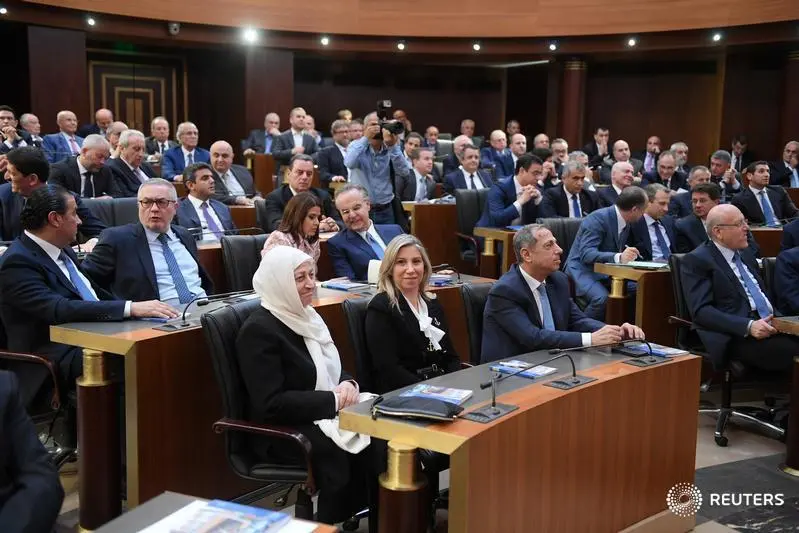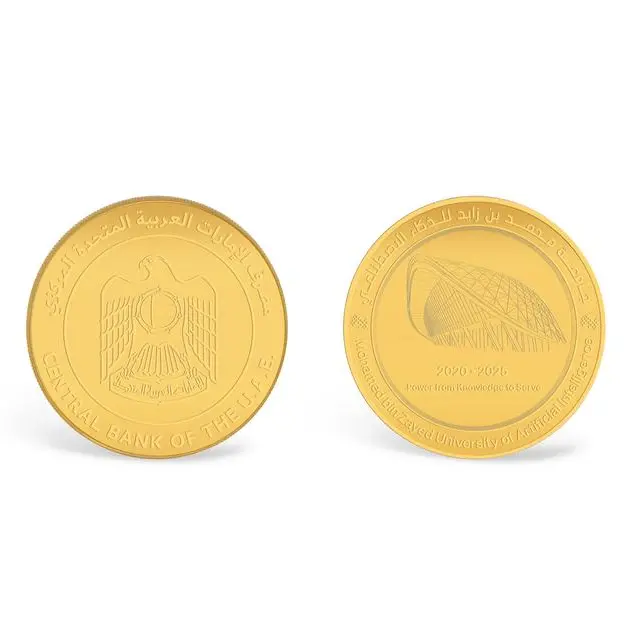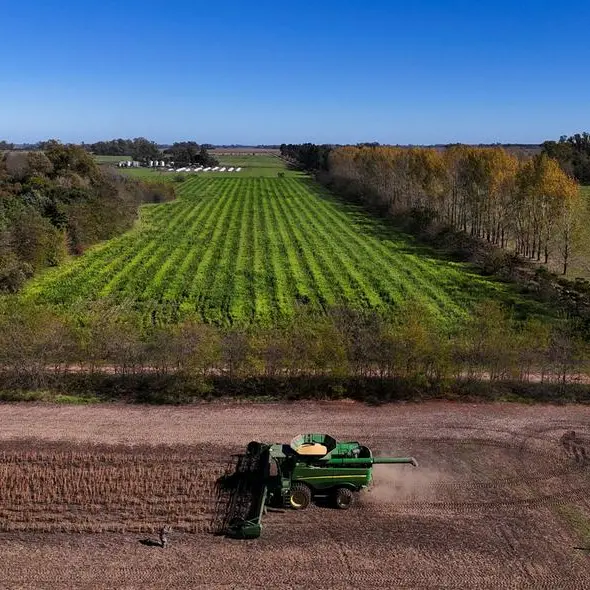PHOTO
BEIRUT - Lebanon's central bank governor on Wednesday said a new government that carries out reforms would increase market confidence and reduce risk and interest rates in the highly indebted country.
Six months since a parliamentary election, Lebanon's politicians are yet to agree on a unity government that will need to get to work on badly needed economic reforms. Politicians have warned of and economic crisis unless a government is formed soon.
Riad Salameh said the central bank will continue to maintain monetary stability as the political impasse drags on, but said its operations were costly and a new government should be formed soon to embark on reforms and take the strain off the bank.
"We hope for a government formation as soon as possible. Because when there is a government, there is a political solution in Lebanon and this will relax the markets," Salameh said in an interview with Lebanese broadcaster al-Jadeed.
Lebanon has the world's third-largest public debt-to-GDP ratio, stagnant growth and what the International Monetary Fund (IMF) has said are increasing vulnerabilities in its financial system. Reforms are needed to bring down twin deficits and reduce the reliance on central bank operations.
In the absence of effective government decision-making, the central bank has for years kept Lebanon's economy stable, foreign reserves high and growth ticking over through stimulus packages and financial operations which the IMF has described as unconventional.
The World Bank last week said the financial engineering used to keep foreign reserves high and deposits coming in -- needed to defend the Lebanese pound's peg to the dollar -- came at a "high and increasing cost" to the central bank's balance sheet.
Salameh said that the cost to the central bank "cannot be denied" and urged a rapid government formation.
"If the future government will make reforms, the central bank will benefit as the costs will be less with regard to its legal role of maintaining stability," he said.
Lebanese banks have been raising deposit interest rates over the past year in order to attract and maintain both dollar and Lebanese pound deposits as global interest rates rise and Lebanon's political and economic situation becomes more strained.
The weighted average interest rate on Lebanese pound deposits was 7.39 percent in September, the highest since October 2007. The average rate on dollar deposits was 4.36 percent, the highest since January 2008.
Interest rates offered on new dollar deposits brought into commercial banks are much higher, with rates of 15 percent being offered at some banks for five-year term deposits. These rates are made possible by special - and costly - high-rate offers made by the central bank to commercial banks.
"Interest rates today reflect the risks. If we reduce risks then they will reduce," Salameh said.
(Reporting by Lisa Barrington; Editing by Hugh Lawson) ((lisa.barrington@thomsonreuters.com; +961(0)1954456;))





















